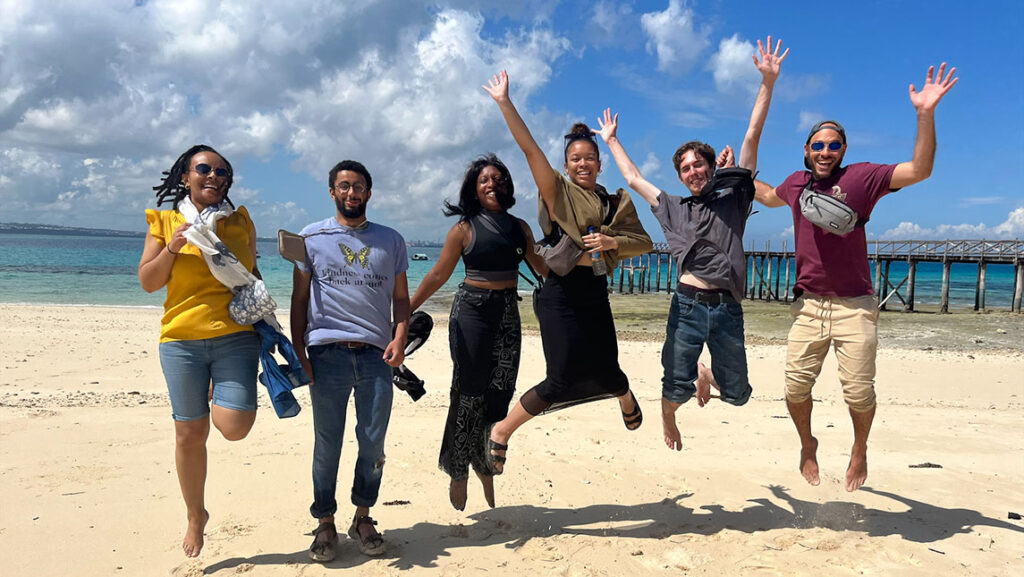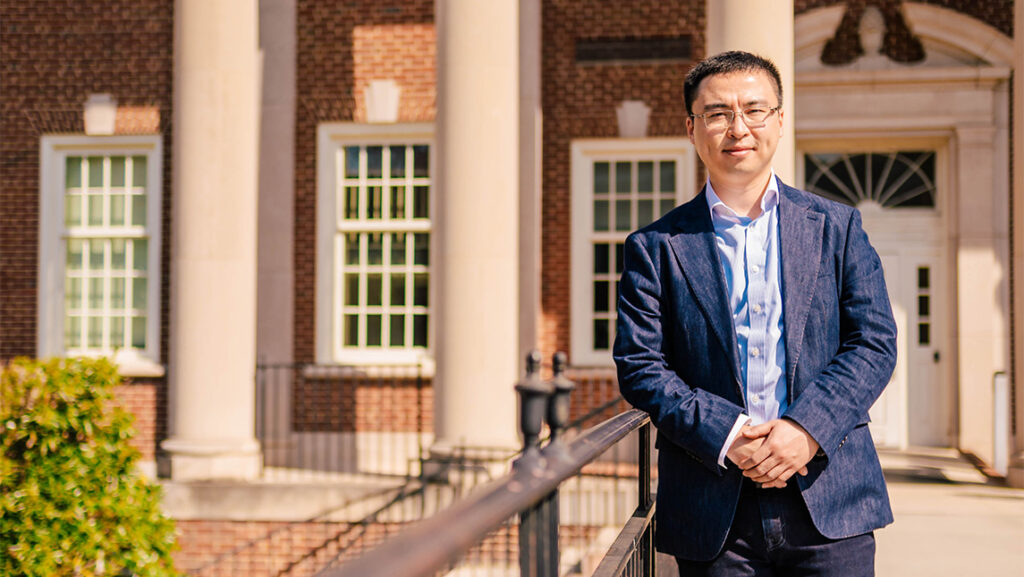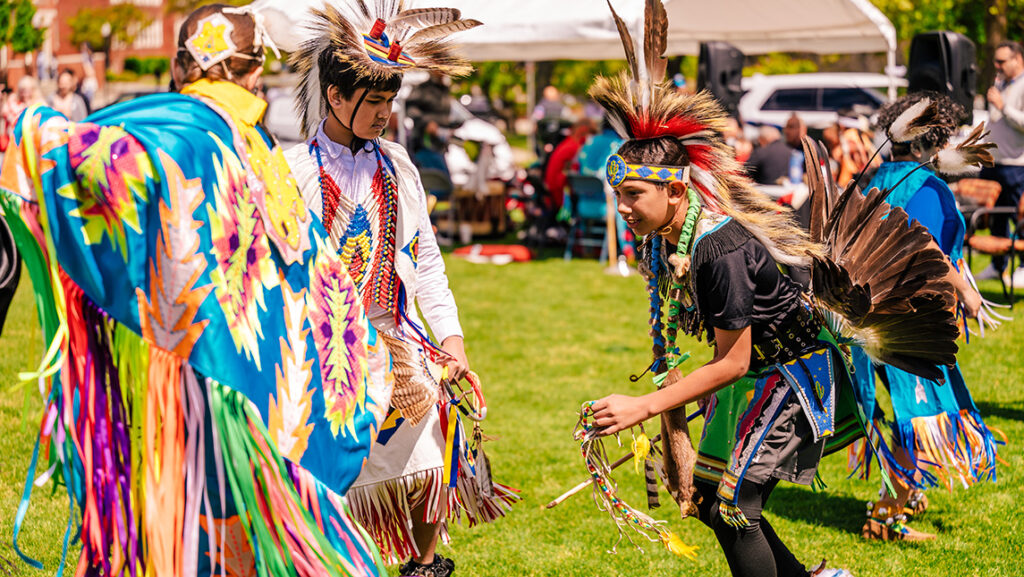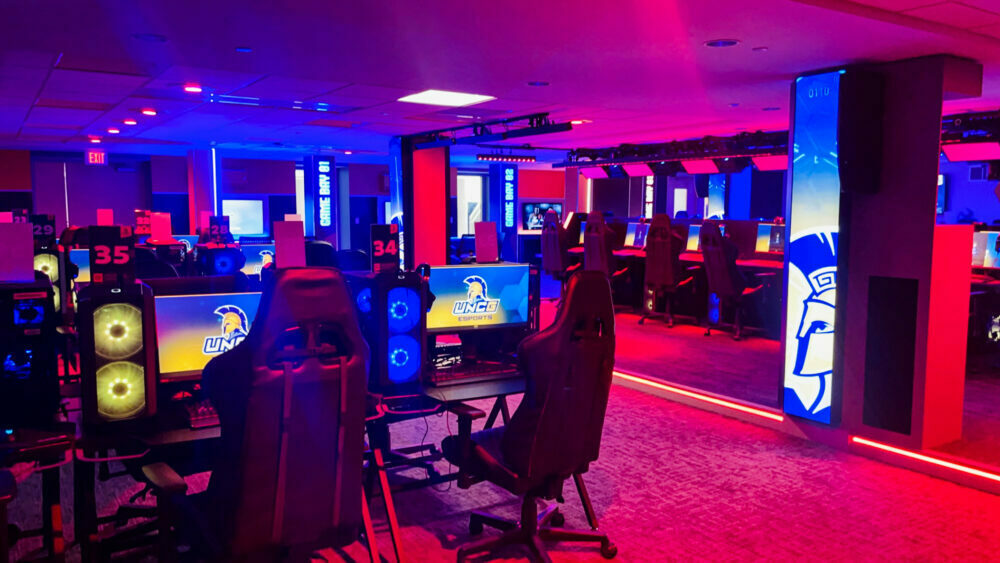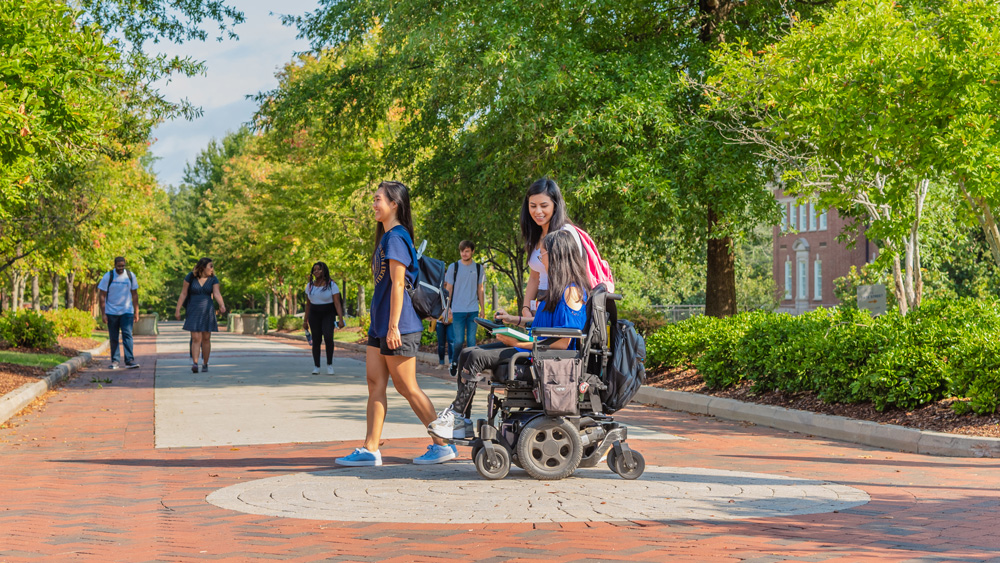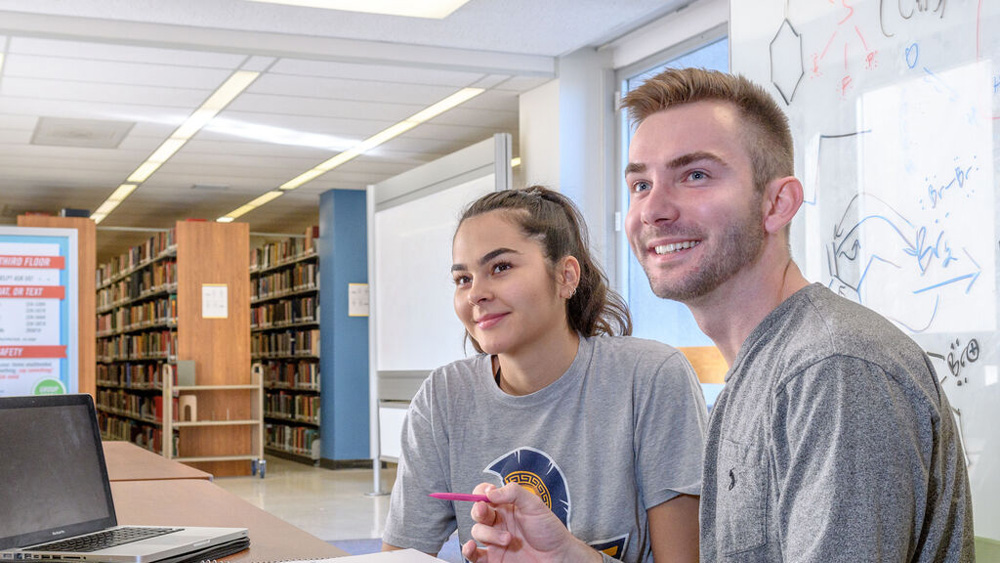Online Degrees
Why earn your degree online at UNC Greensboro?
UNC Greensboro’s online degree programs allow students of any age the flexibility to earn their degree on their own schedule. Our online programs are consistently recognized for academic excellence and affordability, from best online to best bachelor’s and master’s programs, reflecting our ongoing commitment to student success. Whether you’re earning your first undergraduate degree or looking to advance your career with a graduate degree or certificate, our world-class faculty and accredited online curriculums will help you achieve your goals, with all of the same support as our on-campus students.
Undergraduate Programs
Graduate Programs
Graduate Certificates
News Feed
